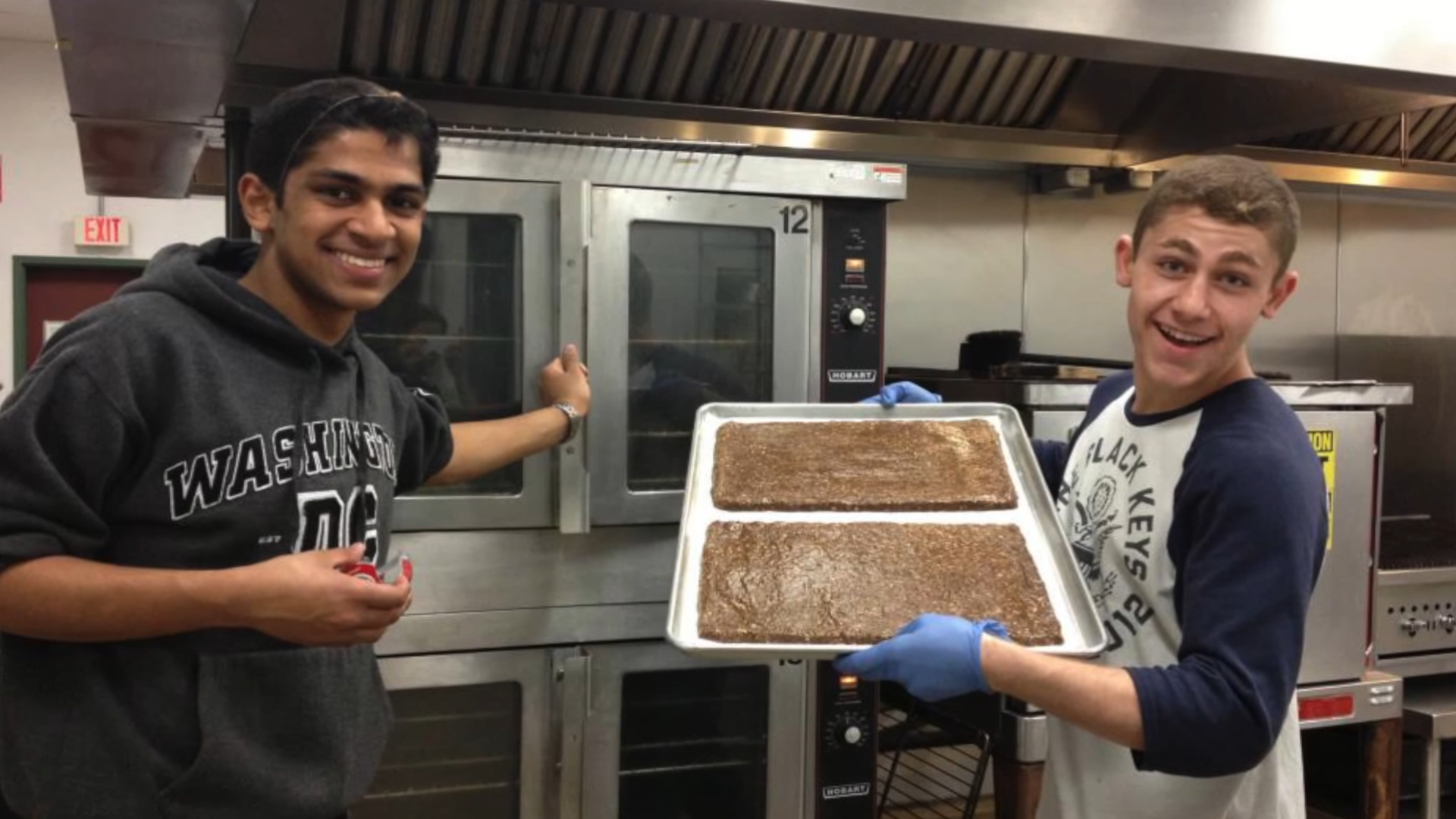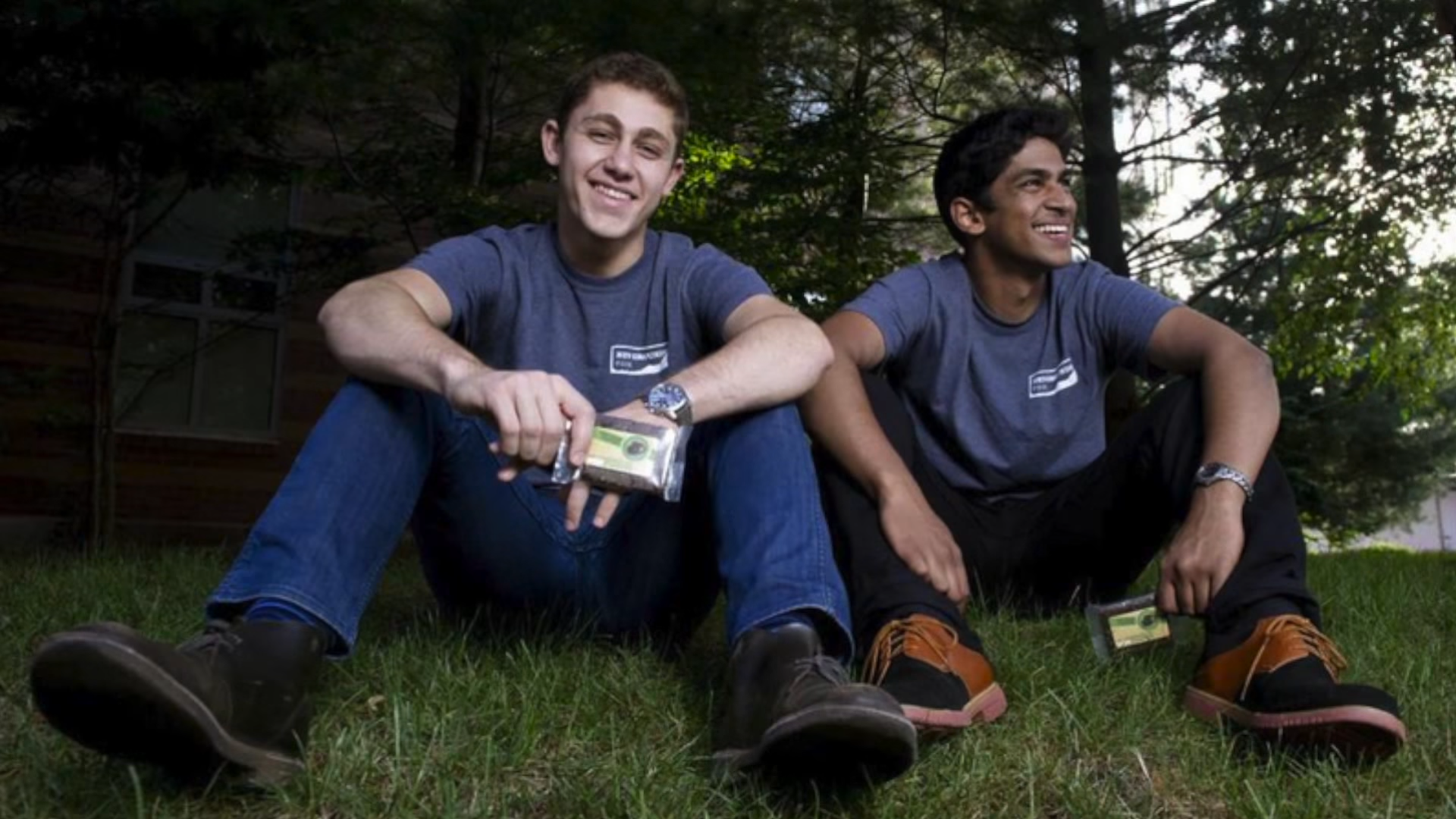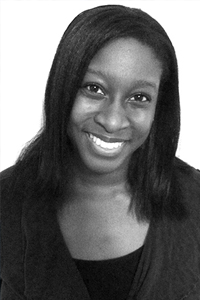Redefining the Coffee Bar
The java-loving Northeastern University student has perfected the art of making convenient caffeine you can eat. Why didn’t we think of this?
By Uwana Ikaiddi, University of Central Florida
Ali Kothari and his friend Johnny Fayad made a mistake most college freshman do: They took morning classes in their first semester.
However, their early morning misfortune soon led to them having a kick-ass idea for consuming coffee quickly and conveniently. As a result, Kothari and his partner invented the Eat Your Coffee bar and started their own business while still pursuing their undergraduate degrees. Since then, the business has continued to grow.
Over 1,000 vendors carry their bars, and Amazon ships them anywhere in the country. Kothari is ecstatic about the success of Eat Your Coffee and plans to continue with the business after graduation.

“I’m currently a senior attending Northeastern University up in Boston. I’m majoring in Business Administration with Entrepreneurship and Finance as my concentrations. In my freshman year, [Fayad] and I were taking the Intro to Financial Accounting, the 101 class, at 8 a.m.”
“We actually met at what’s called a Husky Startup Challenge. Basically, it’s a startup challenge on campus where you participate in a series of programs that, over the course of the semester, help you take an idea and turn it into a full-fledged business.”
“I think realizing that we had a good idea kind of came in two waves. The first was when we first started the challenge, and we were making the bars in our dorm room kitchen. We’d run over to the study hall and share the bars with our friends to see what they thought. Initially, everyone said they weren’t good, and we generally agreed. But, we kept trying, and they got better and better. Then we thought, ‘Okay, this is actually pretty good.’ So that was the first moment. The second was after we launched the Kickstarter campaign, and we were fully-funded within 15 hours; that was another point when we thought, ‘Wow, this is a product that complete strangers are interested in.’”
“For us, it was a ‘We can do this,’ kind of thing. Initially, we were definitely a little nervous. The first couple of batches didn’t taste good. Then, after the third, the fourth, the fifth batches, they started to taste better and better. And I thought, ‘All right, maybe we’ve got something on our hands.’ Plus, when we started sharing them with our friends, they were really excited.”
“Balance is definitely something we’ve had to learn. Sometimes we’ve caught ourselves working on developing the business more than class, begrudgingly doing our homework when we’d rather work on the business and win some accounts. But I think balance is a big part of it.”
“We both haven’t dropped out; we’re both still pursuing our undergraduate degrees, and it’s definitely possible. A lot of business and MBA students right now have this mentality that if you want to be a young entrepreneur and a good one, you have to drop out. I don’t necessarily believe that.”
“It’s actually funny. I was looking over my old emails from a couple years ago, and comparing how we spoke back then to how we do now. The way we speak and the way we carry ourselves, that has definitely changed a whole lot. We’re working in an environment very different from a lot of our peers. We’re working with real professionals, people in the industry, typically people who are a lot older than us. So, I think that’s definitely been something we’ve had to learn—how to be more professional.”
“We’re literally creating something from nothing, and, to do that, it takes a lot of thinking ahead, planning, creatively thinking about what we want to do, problem-solving, things like that. We’re not great at it; we’ve got a lot more to learn. But just being able to think in that realm, along the lines of starting something new or creating something brand new, is important when trying to build a business.”
“We’ve been very fortunate, Johnny and myself. Our parents have been super supportive. My father is an entrepreneur, so he’s already gone through this. We ask him a lot of questions, because he’s been in the same shoes as we are in now. My parents were really excited; [Fayad’s] parents as well. I think both of our moms are our biggest advocates and are always telling everyone about the brand.”

“One of the biggest pieces of advice we give is if you have an idea, just go for it. A lot of times, especially with our peers, they tend to get caught up in the mindset of, ‘Oh, I just can’t do it. It’s impossible. I have school and this and that.’ I think one of the fortunate things is that we are students right now. What’s so great about that is we don’t have a ton of responsibilities, and we can actually take big risks because we don’t have families to support. So, in the grand scheme of things, we have very little to risk and a whole lot to learn.”
“Being a student entrepreneur is very different, because we have that student card that really does open doors. You can go up to someone and say, ‘Hey, I’m a student. I’m working on this business or this project at this university. I’d love to talk to you for just 20 minutes and learn how you were able to do this or that.’ That really opens doors and turns heads. So, that’s why my biggest piece of advice is to just go for it.”
“We’re definitely working hard, and we’re juggling a lot. For both of us, we will work really hard for a certain span of time, then we’ll definitely take a couple of days to ourselves. We’ll have fun and go on a trip. We love taking trips. We travel a lot for the business already, so that’s really exciting that we get to do that. But we’re still the typical students. Maybe we don’t do things as frequently as other people our age, but we still love to hang out with our friends and do the typical things other undergraduates like to do.”









